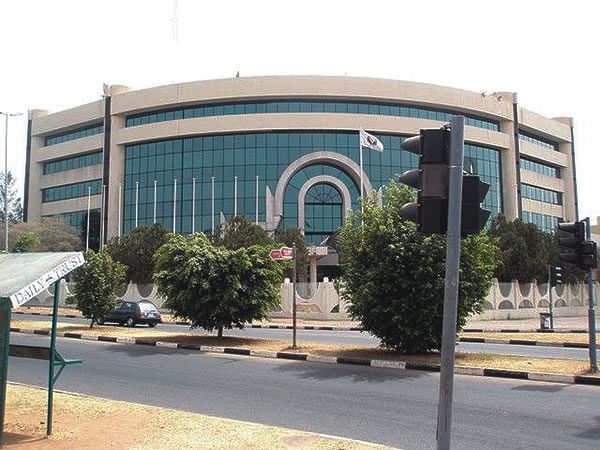News
ECOWAS Plans Relocation From Mali, Niger, and Burkina Faso Offices
The Economic Community of West African States (ECOWAS) has started working on plans to move its institutions and agencies out of Mali, Niger, and Burkina Faso. This comes after the three Sahel countries officially pulled out of the regional group.

During a special meeting held in Accra, Ghana, on Wednesday, ECOWAS ministers came together to discuss how to handle the changes. Top on the agenda was the ECOWAS relocation strategy and the suspension of regional programmes in the affected countries, which military governments now rule.
This emergency session followed instructions from the ECOWAS Authority of Heads of State and Government, issued at the bloc’s 66th Ordinary Session.
Nigeria’s Minister of Foreign Affairs, Ambassador Yusuf Tuggar, who also chairs the ECOWAS Council of Ministers, opened the session by calling for calm and cooperation. He described the current situation as a tough moment in ECOWAS’s history.
“This session is not one we had hoped for,” Tuggar said. “But given the decisions made by these countries and their current leadership, we must now focus on adjusting and planning for the future.”
According to a statement from Tuggar’s media aide, Alkasim Abdulkadir, the council is now tasked with creating a clear plan to withdraw ECOWAS presence from the three nations. This includes moving offices and handling the effects on ongoing regional projects.
The ministers also discussed ways to keep important ECOWAS operations running smoothly. These operations include work in security, economic growth, and the free movement of people within the region.
Detailed proposals will soon be submitted by member states to suggest where ECOWAS offices and agencies can be relocated. The goal is to reduce disruptions caused by the withdrawal of Mali, Niger, and Burkina Faso.
“The council will look into the possible relocation of ECOWAS institutions and agencies currently in Burkina Faso, Mali, and Niger,” the official statement read, “while also working to limit any setbacks from their withdrawal.”
READ ALSO: Tinubu Urges Focus on Youth Empowerment and Regional Unity as ECOWAS Marks 50th Anniversary
Despite the challenges, Tuggar praised ECOWAS’s long-standing role as a strong and united regional body. He expressed confidence that the community would overcome this hurdle.
“These developments are unusual, but they give us a chance to reflect and refocus,” he said. “Our unity has faced trials before, and each time we have come back stronger. We will do so again.”
The council’s discussions are expected to continue over the next few days. Member states will soon review and approve a complete action plan for ECOWAS relocation and realignment in response to the changes in the region.
JOIN THE CONVERSATION→ Telegram | X/Twitter | Facebook | WhatsApp|WhatsApp Channel|Mobile App|Instagram















